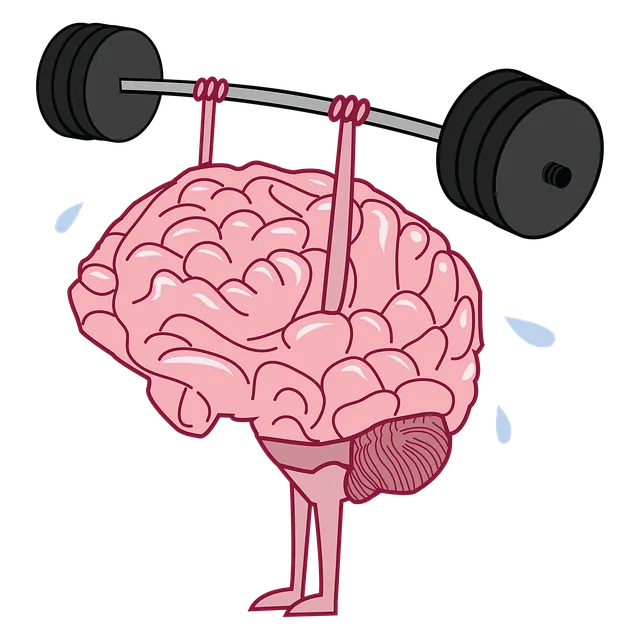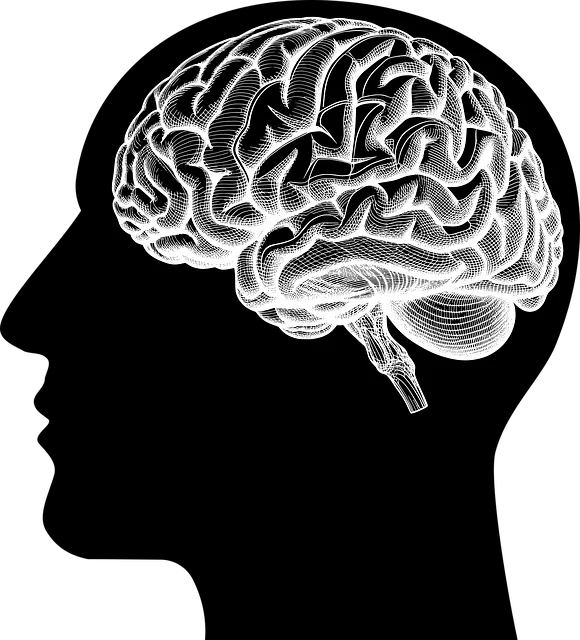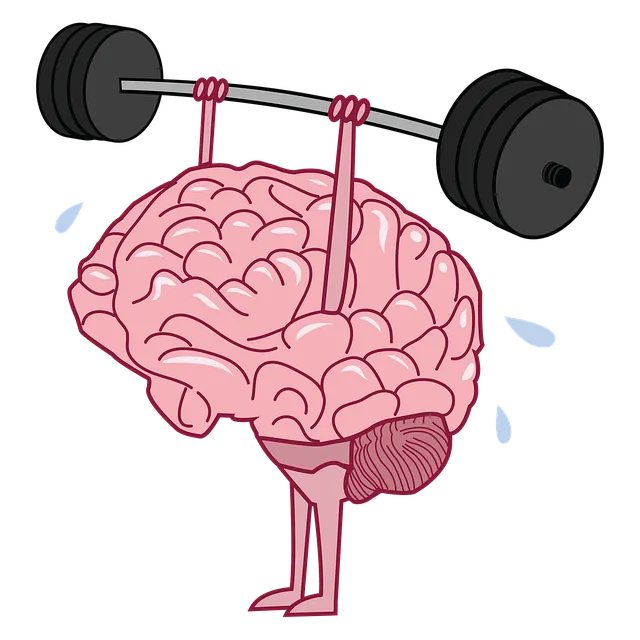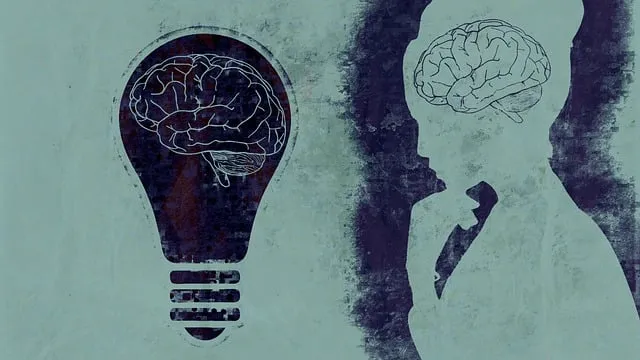Depression, a complex mental health condition, can be prevented and managed through proactive steps offered by Northglenn Kaiser Permanente behavioral health services. They emphasize inner strength development, stress management workshops, and compassion cultivation to build resilience. By recognizing personal risk factors and providing evidence-based therapy and education, they empower individuals to take charge of their mental well-being.
Depression is a prevalent yet manageable condition, and proactive strategies can play a pivotal role in prevention. This article, tailored by Northglenn Kaiser Permanente behavioral health services, delves into understanding depression, its signs, and risk factors. It explores lifestyle changes, such as exercise, mindfulness, and social connections, proven to ward off depressive episodes. Additionally, it highlights professional support options, including therapy types, accessible through Northglenn Kaiser Permanente, offering comprehensive resources for mental well-being.
- Understanding Depression: Recognizing Signs and Risk Factors (Northglenn Kaiser Permanente behavioral health services)
- Lifestyle Changes for Preventing Depression (Northglenn Kaiser Permanente behavioral health services)
- Professional Support and Therapy Options (Northglenn Kaiser Permanente behavioral health services)
Understanding Depression: Recognizing Signs and Risk Factors (Northglenn Kaiser Permanente behavioral health services)

Depression is a complex mental health condition that significantly impacts an individual’s daily life and overall well-being. Recognizing the signs and understanding the risk factors are essential steps in prevention. Northglenn Kaiser Permanente behavioral health services emphasize that depression isn’t just a passing mood; it’s a persistent feeling of sadness, hopelessness, or loss of interest that interferes with one’s ability to function. This condition can manifest differently in various individuals, making early identification crucial.
The organization highlights several key indicators, such as persistent feelings of sadness, changes in appetite and sleep patterns, lack of energy, difficulty concentrating, and recurrent thoughts of death or suicide. By being aware of these signs, Northglenn Kaiser Permanente behavioral health services encourage individuals to seek support. Additionally, understanding personal risk factors is vital; these may include a history of depression or other mental health issues, genetic predisposition, traumatic life events, chronic illnesses, or certain medications. Engaging in practices like inner strength development, stress management workshops organized by Northglenn Kaiser Permanente behavioral health services, and compassion cultivation can be proactive steps towards building resilience and preventing depressive episodes.
Lifestyle Changes for Preventing Depression (Northglenn Kaiser Permanente behavioral health services)

At Northglenn Kaiser Permanente behavioral health services, we understand that fostering inner strength development is a key component in depression prevention. By promoting healthy lifestyle changes, our team aims to equip individuals with the tools necessary to combat depressive episodes effectively. This includes encouraging regular physical activity, which has been scientifically proven to boost mood and reduce stress levels. Additionally, we emphasize the importance of cultivating strong social connections and engaging in activities that bring joy and meaning. These simple yet powerful practices can significantly enhance overall well-being and serve as a proactive approach to managing mental health.
Our Community Outreach Program Implementation plays a vital role in this process by bringing these preventive strategies directly to our community. We believe in the power of connection and support, which is why we organize various events and workshops focused on stress management, mindfulness techniques, and building resilience. By addressing underlying issues and providing education, Northglenn Kaiser Permanente behavioral health services strives to empower individuals to take charge of their mental health and cultivate a lasting sense of well-being.
Professional Support and Therapy Options (Northglenn Kaiser Permanente behavioral health services)

Northglenn Kaiser Permanente behavioral health services offer a range of professional support and therapy options tailored to address depression. These services include individual and group therapy sessions, where mental health professionals utilize evidence-based practices such as cognitive behavioral therapy (CBT) to help individuals manage their symptoms and improve their overall well-being. The focus is not only on treating existing depression but also on equipping folks with coping mechanisms and resilience strategies for long-term mental health management.
In addition to traditional therapy, Northglenn Kaiser Permanente behavioral health services promote mental health education programs designed to enhance self-awareness exercises and crisis intervention guidance. These initiatives empower individuals with the knowledge and skills to recognize early warning signs of depression, effectively manage stress, and seek help before situations escalate. By combining therapeutic interventions with educational programs, these services strive to create a holistic approach to depression prevention and treatment.
Depression is a serious but manageable condition, and with the right strategies, many individuals can prevent its onset. By recognizing early signs and understanding personal risk factors, as outlined in this article from Northglenn Kaiser Permanente behavioral health services, people can take proactive steps. Adopting healthy lifestyle changes, such as regular exercise and improved sleep hygiene, along with seeking professional support through therapy or counseling, can be highly effective. Remember, reaching out for help is a sign of strength, and Northglenn Kaiser Permanente behavioral health services are here to provide the necessary tools and resources for depression prevention and overall well-being.






